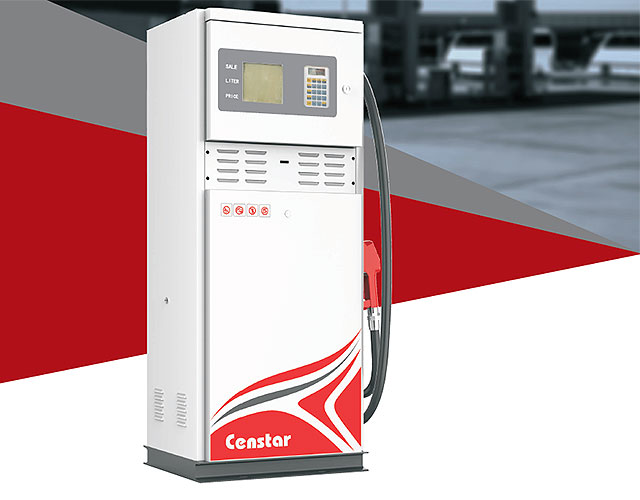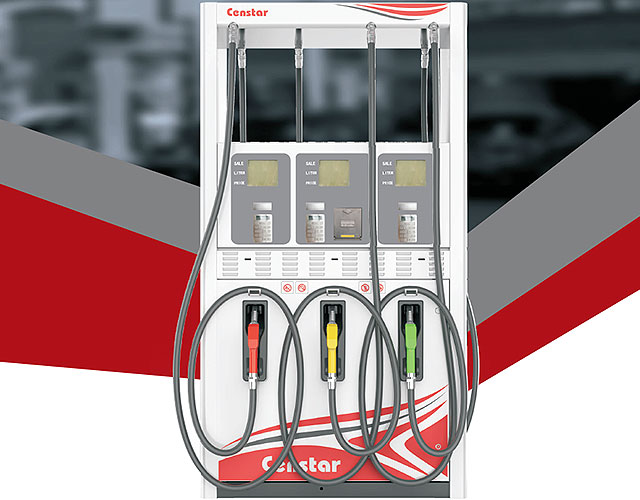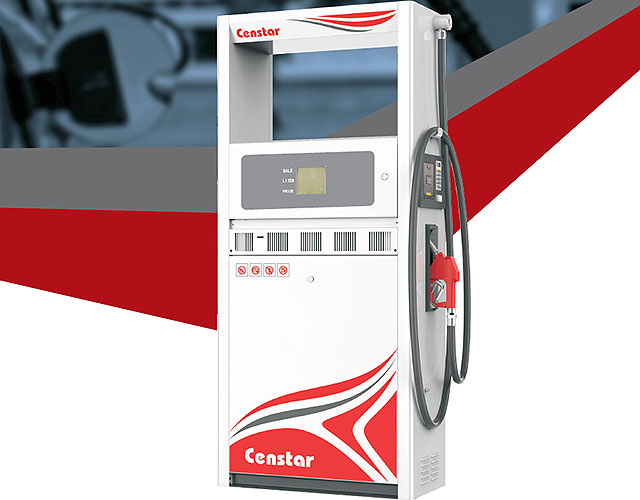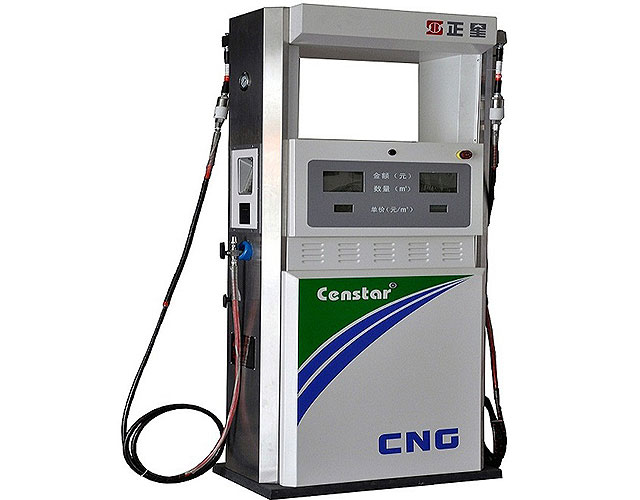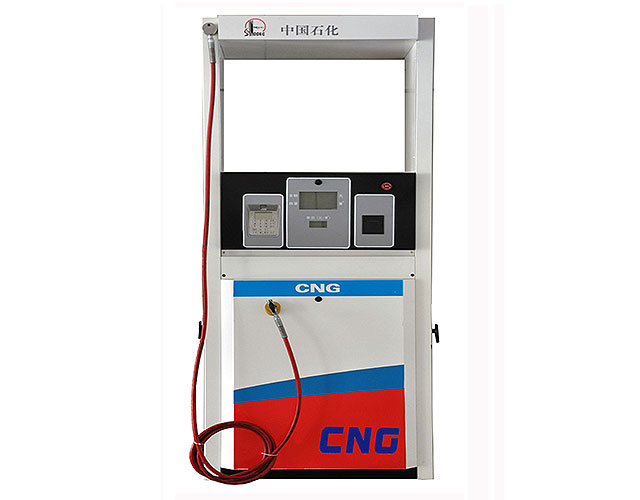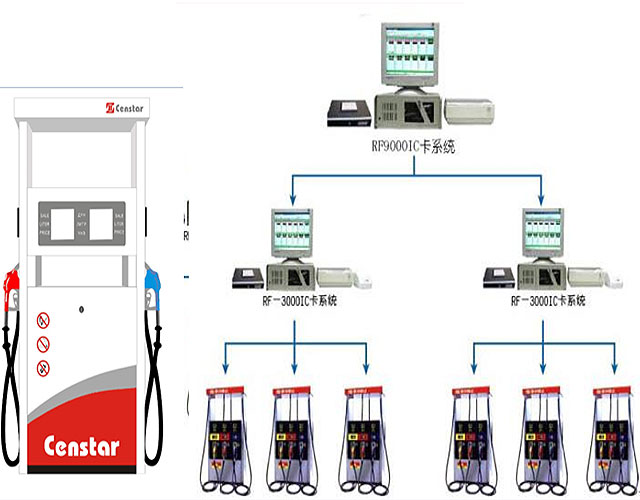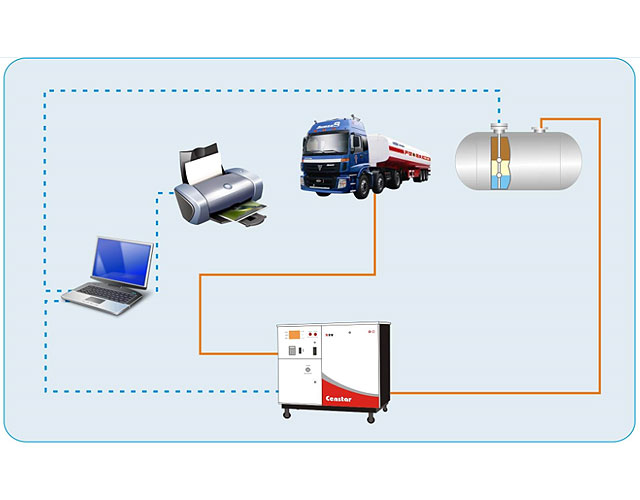hydrogen fuel dispenser control by temperature and pressure press

J2601: Fueling Protocols for Light Duty Gaseous Hydrogen
SAE J2601 establishes the protocol and process limits for hydrogen fueling of light duty vehicles. These process limits (including fuel temperature, the maximum fuel flow rate, and rate of pressure increase and end pressure) are affected by factors such as ambient temperature, fuel delivery temperature and initial pressure in the vehicle’s compressed hydrogen storage system.

Polymers for Hydrogen Infrastructure and Vehicle Fuel Systems
The development of hydrogen fuel cell systems and the associated hydrogen distribution and dispensing infrastructure will require a multi materials approach that utilizes the most effective temperature of the gas within the pressure vessels increases during fill reaching temperatures

Dispenser H2 Hydrogen Energy Storage Europe United States
Hydrogen fueling station control system with temperature compensation, to control filling pressure & sequencing valves. Available in cascading or dispensing mode hydrogen fueling pressures, including heat of compression compensation. Electronic computer for sale, volume, and unit price if required

Hydrogen fueling station Pure Energy Centre
Hydrogen fueling station control system with temperature compensation, to control filling pressure & sequencing valves; Available in cascading or dispensing mode hydrogen fueling pressures, including heat of compression compensation; Electronic computer for sale, volume, and unit price if required

An Introduction to SAE Hydrogen Fueling Standardization
An Introduction to SAE Hydrogen Fueling Standardization •Will James Moderator vehicle provides tank pressure only •Station key control factors Pre cooling of hydrogen: station conditions H2 temperature prior to dispensing Hydrogen delivery rate: station provides average pressure rise rate as

Fuel Dispensing Emerson US
Reduce downtime and maintenance costs associated with storing and dispensing high pressure gas and liquid fuels with regulators, valves, seals and hazard rated fittings that control fuel flow, pressure, blending and shut off at fueling stations. Shut off and safety are critical to dispensing compressed natural gas or hydrogen.

700 bar Hydrogen Dispenser Hose Reliability
dispensing hydrogen into fuel cell electric vehicles by identifying points of failure. • The project will operate a fully automated test system that unifies the four stresses of pressure, temperature, time, and bending. The test apparatus will reveal the compounding impacts of high volume 700 bar fuel cell

TESCOM™ 20 1200 Series Hydrogen Pressure Regulator
Tescom TESCOM™ 20 1200 Series Hydrogen Pressure Regulator 20 1200 Series lightweight, aluminum constructed preset regulator offers an integrated 10 micron filter designed for hydrogen service. NGV 3.1 and TUV batch approved for onboard hydrogen fuel cell vehicles. Excellent choice for other OEM applications. 20 1200

J2601: Fueling Protocols for Light Duty Gaseous Hydrogen
SAE TIR J2601 establishes safety limits and performance requirements for gaseous hydrogen fuel dispensers. The criteria include maximum fuel temperature at the dispenser nozzle, the maximum fuel flow rate, the maximum rate of pressure increase and other performance criteria based on the cooling capability of the station’s dispenser.

THE 2016 TOYOTA FUELING THE TOYOTA MIRAI
FUELING THE TOYOTA MIRAI THE 2016 TOYOTA • The Mirai is equipped with a hydrogen fuel control computer that helps to ensure optimal filling by measuring a variety of factors, including ambient air temperature, pressure and temperature in the hydrogen tanks, and current fill level.

Development of a Natural Gas to Hydrogen Fuel Station
high pressure hydrogen from natural gas to fuel hydrogen powered vehicles. • Design and test a fast fill natural gas to hydrogen fueling system with 40 60 kg/day delivery capacity. • Produce high pressure hydrogen at $ /kg or less to meet intermediate cost targets.

MID 002 Certified High Pressure Hydrogen Flow Meter
Karlsfeld, Germany and Oak Creek, WI KEM Küppers Elektromechanik GmbH and AW Lake Company proudly announce that their TCMH 0450 High Pressure TRICOR Coriolis flow meter is the world’s first MI 002 /OIML137 certified Coriolis flow meter for hydrogen dispensing applications.

Hydrogen Fueling Standardization: Enabling ZEVs with
Hydrogen Fueling Standardization: Enabling ZEVs with "Same as Today" Fueling and FCEV Range and safety 1 P a g e Hydrogen dispensers need to control the fueling process so that limits are not • Dispenser Pressure Class and Fuel Delivery Temperature • CHSS Size, Shape, Material Properties, Starting Temperature, and

Hydrogen Dispenser Certification PowerPoint Presentation
Hydrogen Dispenser Certification Hydrogen Field Standard, Test Program and • Motor fuel dispensers must receive a Certificate of Approval pressure/temperature sensors • Master Meter Mass flow meter • Programmable Logic Controller, Data Acquisition & Display Electronics

Development of a Natural Gas to Hydrogen Fuel Station
Hydrogen Compression High Pressure Hydrogen 5000 psig Water Recovery High Pressure Hydrogen Storage Fast Fill Hydrogen Dispenser (with underfill compensation) Figure 1: Natural Gas to Hydrogen Fuel Station Project Plan The approach used in this program is to focus on addressing subsystem and ultimately system

SmartFuel H70/H35 retail hydrogen dispenser
SmartFuel® H70/H35 retail hydrogen dispenser Air Products’ SmartFuel H70/H35 retail hydrogen dispenser provides the newest generation of hydrogen dispensing to meet consumer expectations of refilling fuel cell vehicles in a safe, fast and reliable manner. Our extensive experience in hydrogen dispensing has led to both unique

Dispensing System Hydrogen Filler Bowser
Hydrogen fueling station control system with temperature compensation, to control filling pressure & sequencing valves; Available in cascading or dispensing mode hydrogen fuelingpressures, including heat of compression compensation; Electronic computer for sale, volume, and unit price if required

Light Duty Fuel Cell Electric Vehicle Hydrogen Fueling
Fuel Cell Electric Vehicle Hydrogen Fueling Protocol Guideline . SAE TIR J2601 CURRENT USES AND station conditions H2 temperature prior to dispensing Hydrogen delivery rate: station provides fill rate per mass or pressure vs. time Target Pressure for Dispenser Control Logic 21 .

Hydrogen Fueling Station and Hydrogen Fuel Dispenser
Scalable Hydrogen Fueling Appliance. The development of this Model Series was a big breakthrough for Millennium Reign Energy LLC. It provides all five required functions for Hydrogen fueling infrastructure. Hydrogen production, purification, compression, storage and dispensing, all in one revolutionary package on a skid. The Model 100

Advancing Hydrogen Dispenser Technology by Using
messages from a simulated vehicle to the dispenser control unit. Lastly, an up to six month test of the prototype pressure, vehicle initial pressure and hydrogen temperature have also been analyzed to increase model fidelity. The FY 2017 Aual Progress Report 4 DOE Hydrogen d Fuel Cells Program Pollic v nerg olutions III. ydrogen

How is hydrogen stored ? Air Liquide Energies
Under pressure. The easiest way to decrease the volume of a gas, at constant temperatures, is to increase its pressure. So, at 700 bar, which is 700 times normal atmospheric pressure, hydrogen has a density of 42 kg/m 3, compared with kg/m 3 under normal pressure and temperature conditions. At this pressure, 5 kg of hydrogen can be stored in a 125 liter tank.

CNG Fueling System FTI International Group Inc
CNG Dispensers (Compressed Natural Gas Dispensers) FTI retail dispensers are supplied with the Dispenser Control Unit, a self contained temperature/pressure compensated computer based fuel control system. This system offers significantly improved flow rates, the better filing of vehicles. FTI has found in field testing that FTI dispensers equipped with this DCU module filled vehicles up to

Hydrogen pressure sensor for fuel cell cars First Sensor
Hydrogen pressure sensor for fuel cell cars. Alternative drive systems are the business of the future. First Sensor is on board with high and medium pressure sensor solutions for fuel cell cars. With our T Bridge technology we solve problems as hydrogen embrittlement and can support you to achieve the strong safety requirements.


